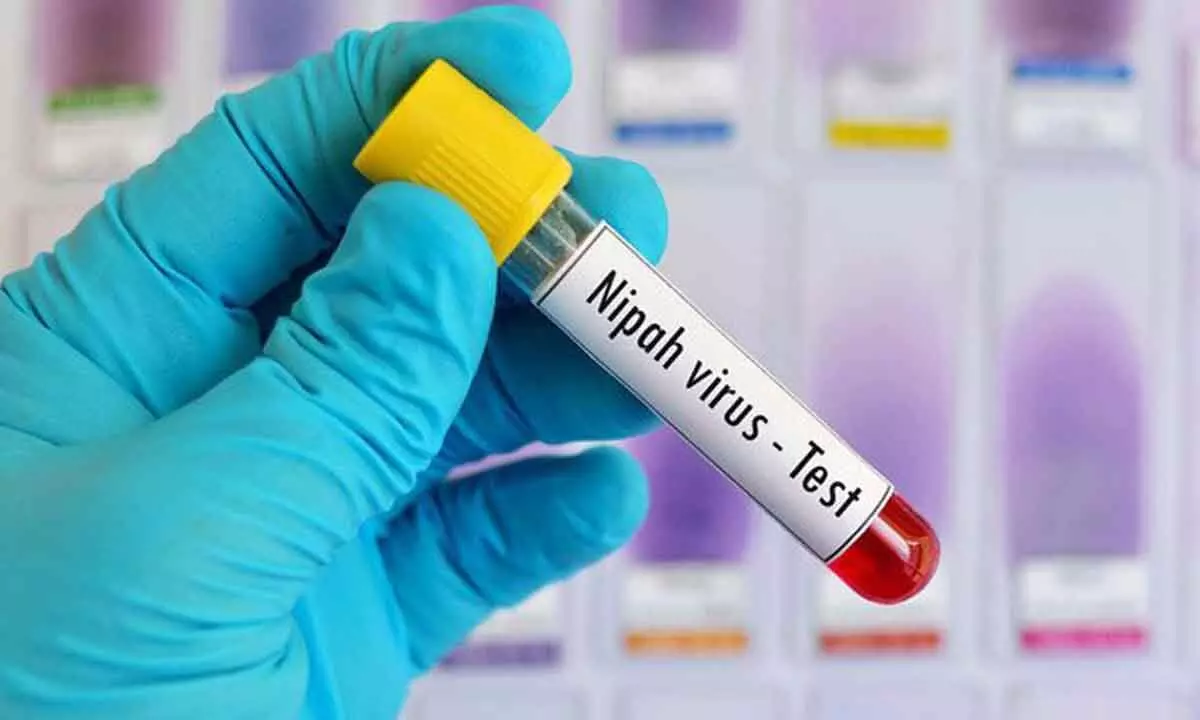Nipah Virus Alert: Kerala Monitors Possible Outbreak After Two Unnatural Deaths

Nipah Virus Alert: Kerala Monitors Possible Outbreak After Two Unnatural Deaths
The Kerala health department issued a health alert in Kozhikode on Monday night following the suspicion that two individuals who had died under "unnatural" circumstances in the district might have been infected with the Nipah virus (NiV). State health minister Veena George revealed that the relatives of one of the deceased have also been admitted to the Intensive Care Unit (ICU), as reported by news agency PTI.
The two deceased individuals had been receiving treatment at a private hospital within the Kozhikode district, as per reports.
Earlier on Monday, the state health minister conducted a high-level meeting to assess the situation within the district.
Here's an overview of the Nipah virus and its history in Kerala:
1. **Nipah Virus Outbreaks in Kerala:** The first Nipah virus outbreak in South India was documented in Kozhikode and Malappuram districts in 2018. Subsequently, the district experienced another significant outbreak in 2021.
2. **Nipah Virus Transmission:** The World Health Organization (WHO) characterizes Nipah virus infection as a zoonotic disease transmitted from animals to humans. It can also spread through contaminated food or direct human-to-human transmission. Fruit bats are the primary carriers of the virus, and it is highly fatal to both humans and animals. In particular, it can cause severe illness in animals like pigs, leading to substantial economic losses for farmers, according to the WHO.
3. **Wide Animal Host Range:** While Nipah virus outbreaks in Asia have been relatively limited, the virus has the capacity to infect a broad range of animals and cause severe disease and fatalities in humans, as stated on the WHO website.
4. **Symptoms and Similarities to COVID-19:** Individuals infected with the Nipah virus may experience severe symptoms such as acute respiratory illness and fatal encephalitis. The virus's symptoms closely resemble those of COVID-19, including cough, sore throat, dizziness, drowsiness, muscle pain, fatigue, encephalitis (brain swelling), headache, stiff neck, light sensitivity, mental confusion, and seizures.
5. **Preventive Measures:** While there is no definitive treatment for the Nipah virus, preventive measures can be taken. These include avoiding consumption of fallen fruits, refraining from feeding pigs, and implementing measures to keep fruit bats away.
The health authorities in Kerala are actively monitoring the situation and taking necessary precautions to contain the potential spread of the Nipah virus.




